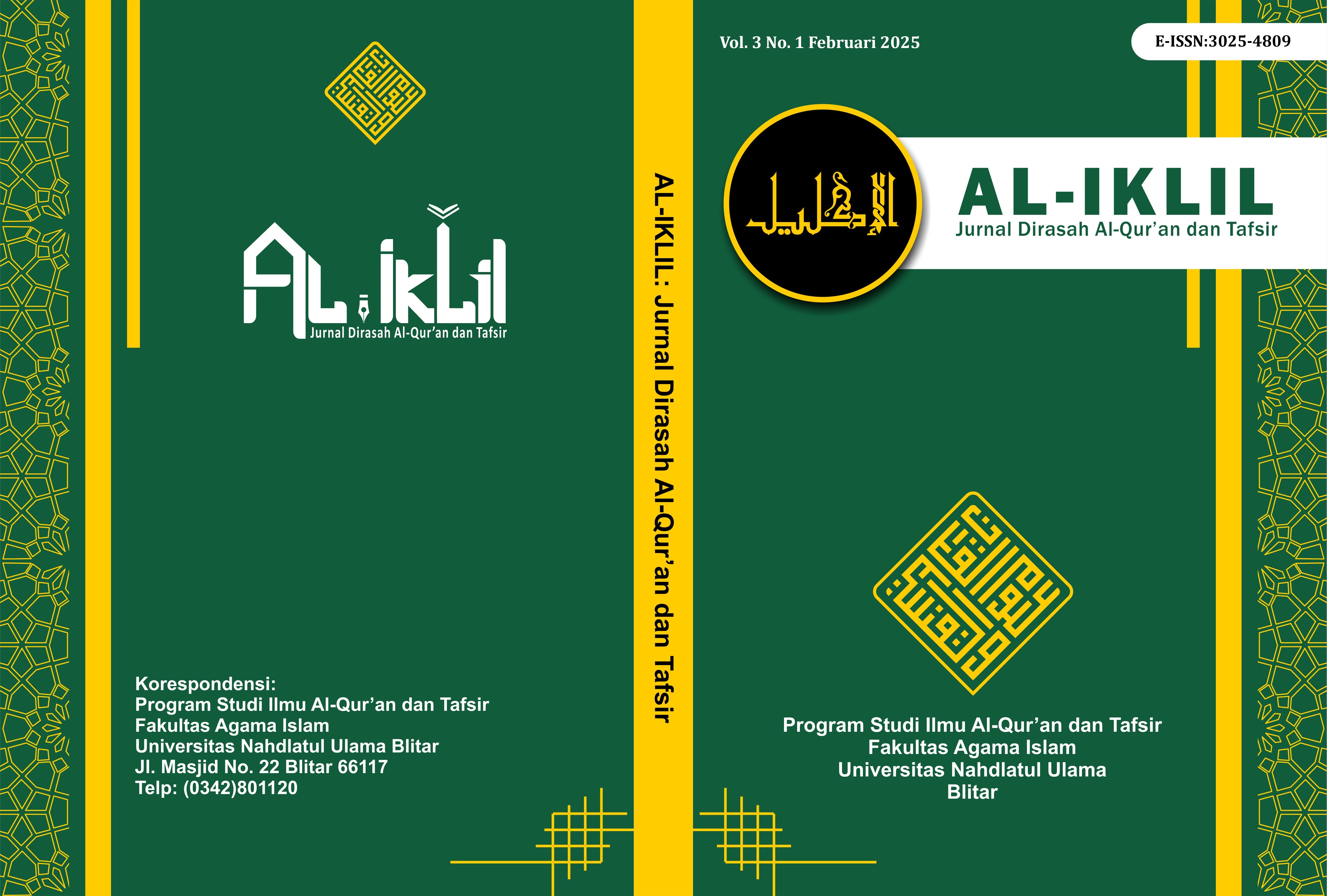Fungsi Retoris Lafaz Istifham dalam Al-Qur’an serta Relevansinya Bagi Wacana Dakwah dan Pendidikan Islam
Abstract
This research examines the rhetorical style of istifham in the Qur'an as a rhetorical device that transcends the grammatical function of ordinary questions. The background of the study arises from the limitations of research that specifically focuses on the classification of istifham particles and their rhetorical implications in contemporary contexts. The formulation of the research problem concerns how the various interrogative particles in the Qur'an are classified, what the main rhetorical functions produced are, and how the relevance of these findings applies to contemporary Islamic preaching and education discourse. The method used is a qualitative literature review and semantic-pragmatic analysis within the framework of thematic and contextual interpretation. The research results show that particles such as hal, a, ma, man, ayna, and kayfa have primary rhetorical functions in the form of affirmation (taqrīr), denial (inkār), and sarcasm (taubīkh), which effectively evoke inner reflection and foster the awareness of monotheism. These findings are relevant for designing a dialogical and persuasive Islamic preaching and learning model, as well as facilitating active spiritual and intellectual learning. Thus, this study contributes to the development of contextual interpretation methodology and adaptive Islamic communication strategies to the challenges of the times.






